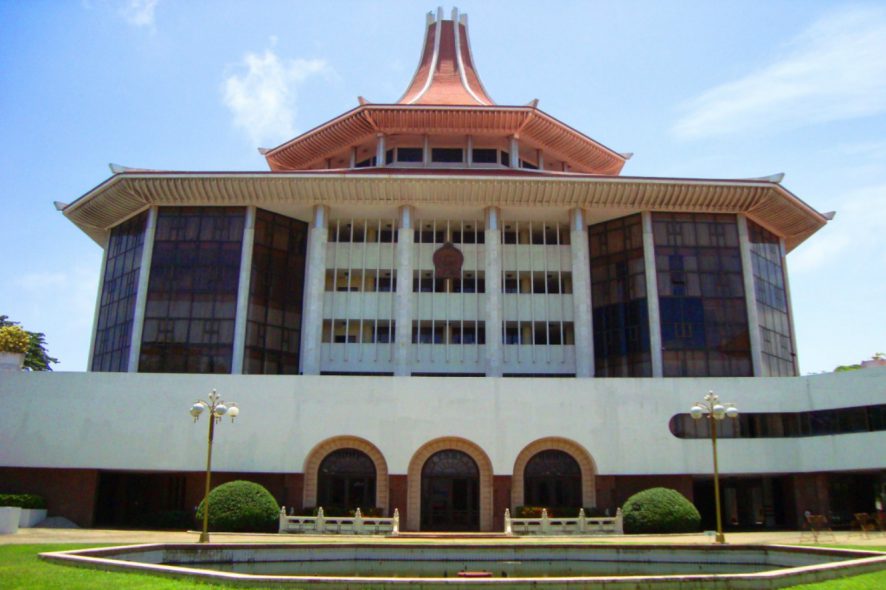Court of Appeal of the Democratic Socialist Republic of Sri Lanka: Mahinda Samayawardhena, J. contemplated an application which was contended to be of national importance. It involved the construction of 220 Kv Electricity Transmission Line, which according to the petitioner, was illegal and arbitrary.
The petitioner sought to quash the decision of Ceylon Electricity Board who issues wayleave over the land of the petitioner and to compel them to draw the Transmission Line through route depicted in plan marked or any other route so to avoid the petitioner’s premises. The petitioner further requested the Court to issue mandamus against the Central Environmental Authority, to carry out another environmental impact assessment. It was the complaint of the petitioner that the deviation from the original position was unreasonable and irrational and was done for collateral purposes. The petitioner stressed that the route suggested in fact avoided residential areas and predominantly traversed paddy and bare lands. The petitioner stated that no proper inquiry was held in respect of recommending wayleave over the petitioner’s residential premises.
The Board gave a vivid description as to why the plan was redrafted and the contention of the petitioner was baseless and unjustified.
Court stated that in the exercise of writ jurisdiction was not competent to decide on the administrative or judicial decisions of in-disputed facts. Further, it held that, “Also it is not the task of this Court in exercising writ jurisdiction to consider whether the decision is right or wrong but whether the decision is legal or illegal.” Construction of high-tension power lines and its impact, both positive and negative, was a very specialized subject which the Courts were ill-equipped to handle in a writ application. It further held that, prerogative writs not be issued as a matter of routine, as a matter of course or as a matter of right. It is purely a discretionary remedy to be granted or denied in the unique facts and circumstances of each individual case. Even if the party applying the writ was entitled to that relief, still it can be denied if the other factors stand against granting of that relief. Other factors will include matters of common benefit as opposed to individual benefit.[K.M. Denawaka v. Ceylon Electricity Board, CA/Writ/No. 330 of 2016, decided on 03-06-2019]






